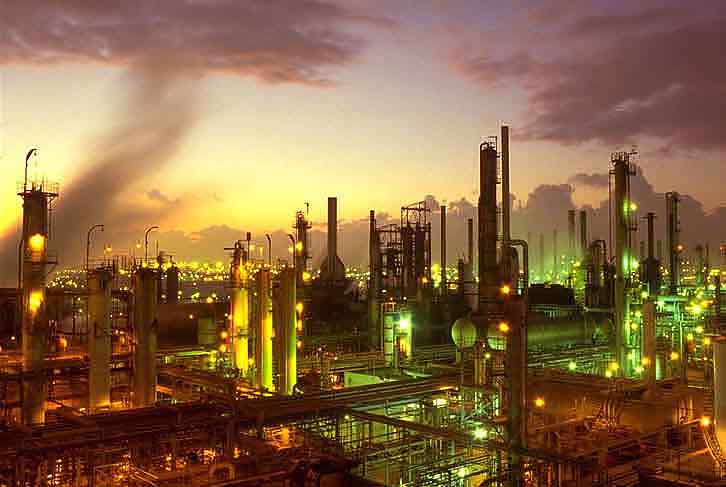 Paul Auster depicts in his post-apocalyptic novel "The Country of Last Things" a world on the brink of collapse that harbors a life shaped by absurd rules and unstable, totalitarian governments. Set in a run-down and devastated city inhabitated mostly by homeless people fighting for their daily survival by scavenging, the local government's main goal is distributing misinformation and, of course, upholding power for the sake of power.
Paul Auster depicts in his post-apocalyptic novel "The Country of Last Things" a world on the brink of collapse that harbors a life shaped by absurd rules and unstable, totalitarian governments. Set in a run-down and devastated city inhabitated mostly by homeless people fighting for their daily survival by scavenging, the local government's main goal is distributing misinformation and, of course, upholding power for the sake of power.
I was captured by Auster's imagination on how this city respectively the remains of a once organized political state is fueled. In a city virtually bereft of any new resources and external energy inputs, scarcity is the overriding problem faced by population and government, but how are then the remaining institutions and structures powered? What kind of energy system did Auster imagine?"Because there is so little left, almost nothing gets thrown out anymore, and uses have been found for materials that were once scorned as rubbish. ... Scarcity bends your mind toward novel solutions, and you discover yourself willing to entertain ideas that never would have occurred to you before"
And then Paul Austers goes on to depict an elaborate system that had been devised for the collection of human waste. Since plumbing does not exist anymore, pipes are corroded and toilets cracked, the city dwellers dispose into hodgepodges which are then collected by so-called "fecalists". These "night soil collectors" "rumble through the streets three times a day, lugging and pushing their rusty engines over the split pavement, clanging their bells for the neighborhood people to come outside and empty their buckets into the tank". Those fecalists have the status of civil servants, on a par with the mighty state police, due to their great importance to the state power.
A similar system exists for the daily collection of dead bodies which are collected by "death trucks" to be fired in the heating chambers of the city's "Transformation Centers"
To upheld "order" in this desperate state of affairs and decay, the local government depends therefore crucially on the collection of feces as well as human corpses for fuel. These bodily remains are converted into methane gas which is used to produce some electricity, heat a couple of buildings and power the remaining death trucks and feces collection cars. 
I ask myself how far we will go to produce energy to upheld exisiting political power structures and state institutions?
21 November, 2007
Paul Auster's Fecalist Energy System
21 September, 2007
biogas not gazprom
A recent academic study of the "institut für energetik und umwelt of the university of leipzig", financed by the german green party and by a local utility, claims that euroland has the potential to produce enough biogas in order to be able to fully substitute russian gas imports. and that this could be done by 2020.
the central idea is to promote growth and thermal conversion of energy crops alongside the existing gas pipeline network. the resulting biogas would, after upgrading, be inserted into the gas grid and further delivered to industrial and retail clients.
of course, such a development would be of interest to agribusiness as well as many companies from the energy industry, mostly those already involved in the (german) biogas market.
and the whole thing would take off, if only biogas production and inserations into the existing gas network would be equally promoted with feed-in tarifs as already known in germany for electricity from renewable power sources...
even being a "biofuel", biogas makes environmentally much sense compared to other biofuels such as ethanol or biodiesel. first, because it is not wasted as transport fuel but would be mainly used for heating and industrial process purposes (with substantially higher energy efficiency rates) and secondly, because as already mentioned, biogas and associated conversion (gasification) technology has the best environmental bottom line as regards net CO2 emissions (as more and more studies conclude, for example this one benchmarking biofuels against gasoline: EMPA 3.2 MB)
meaning: all fuels within the green area are environmentally speaking performing better in comparison to gasoline. gaseous biofuels made out of waste products as well as wood are the big winners.
read for yourself (in german). here and here
.
